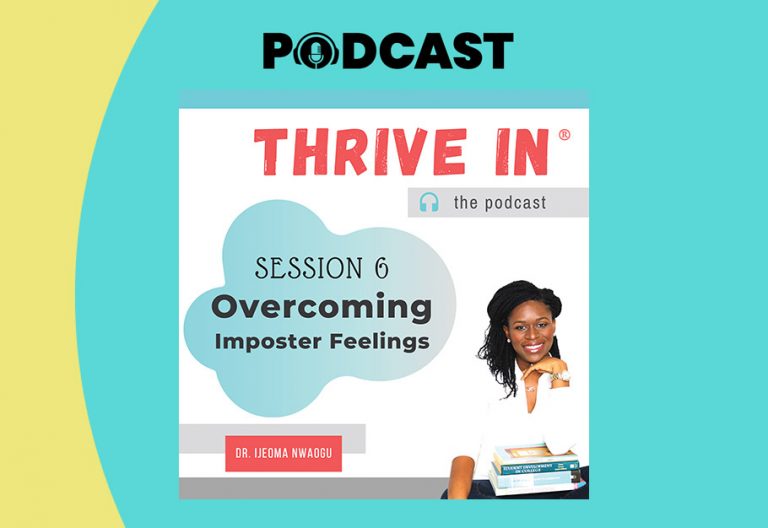Many people don’t understand the truths about leadership (development). Here are 5 common misunderstandings about what leadership entails and other factors about it:
1. Developing your leadership capacities should begin as early as possible.
Many adults don’t bother to expose young people like children to leadership development because they believe that since children haven’t entered professions, there is no need for this sort of learning.
This is far from the truth.
Giving children opportunities to learn leadership principles early is one of the best things adults can do for younger generations. Childhood is a critical formative time for children to shape their mindsets or internalize good insights to weave into the very fabric of their being. When young folks learn leadership principles early, they are likely to carry those ideals over as adults. Overall, the sooner one begins learning about leadership, the better.
2. Developing leadership capacities is an ongoing and lifelong process.
Many people think that by attending one or two leadership trainings or programs, they possess all the information they need to go about leadership.
Incorrect.
Developing as a leader is something you must pursue on an ongoing basis and throughout your life.
Leaders never stop learning. As humans, we need to be reminded about good leadership principles to re-sharpen our focus and regain clarity of the important ways of being in work and in life. Topics in leadership are boundless so there are always opportunities to learn something new as time progresses.
3. Developing as a Leader requires Intentionality
Developing leadership knowledge and skill is not an automatic process. You must be deliberate about learning. This means you are aware of your desire to learn and actively play a role in seeking, collecting and storing new knowledge and practicing your leadership skills. Growing as a leader also requires you to be fully present in absorbing information or engaging others during the learning process.
4. Being a Leader isn’t always easy.
Many good leaders may make the work of a leader seem easy, but don’t mistake the satisfaction good leadership brings as the result of easy efforts.
Leadership is hard, selfless work.
Leaders face decisions that require the application of courage when a situation is scary, uncertain or risky—or patience, when you’re working in a time crunch.
As humans, we feel safer when in our comfort zones but leaders often have to operate in spaces beyond that in order to make the best decision.
Leaders are often faced with ethical dilemmas that require them to select options that cause the least amount of harm to others. This can potentially become a very difficult process to navigate.
5. Anyone can be a Leader
Leadership isn’t reserved for men, adults, able-bodied folks, etc. If you want to lead, you certainly can, no matter your background. We all hold unique talents and abilities and have something to offer.
While we will never be able to please every single person, what you have to offer is needed by someone else. Find your niche and lean into it.






